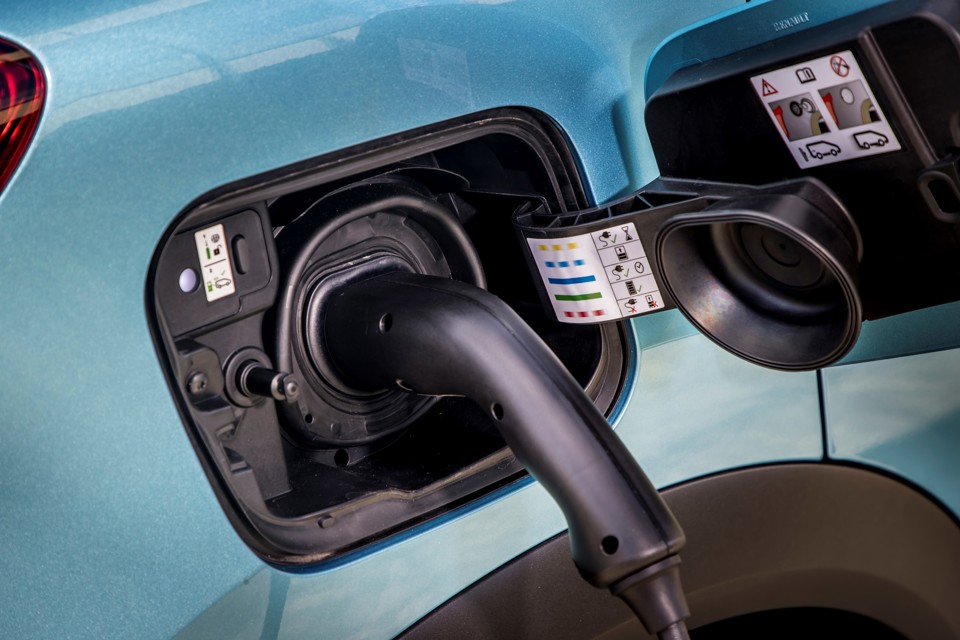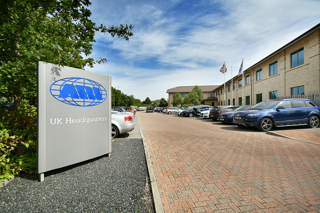Fleets need operational and financial strategies in place first or plans to electrify fleet operations could fail, according to Holman’s director of client relations Jo Ewen.
She says that, while everyone of Holman’s customers is asking about electric vehicles (EVs), the pressure to change is putting at risk business sustainability.
“The goals of the business should dictate the plan for vehicles, not trying to fit EVs in when they are not suitable,” she said.
“There is real pressure and benefits to become greener and make the EV switch, which is understandable from a CSR and environmental perspective, but unless a comprehensive strategy is in place around transition, it could result in making their fleet, and their people, less effective.”
She says it is important that fleets have a clear understanding of whether the transition is operationally sustainable and will enable them to support their own business and their customers into the future.
She continued: “In many cases, especially for business-critical fleets with commercial vehicles or job-need cars, there just isn’t the full suite of options in the marketplace to justify everyone making the move, in the same way, at the same time.
“While there is a lot of demand to go electric or even look at other mobility solutions, we spend a lot of time with our customers looking at every vehicle on a fleet to ensure that a change is right for them, not only from emissions and green perspective, but critically from a job need requirement.”
Getting it wrong, according to Ewen, will result in fleets spending a lot of time trying to rectify the situation through reallocation, retooling or early termination, which actually slows making electric an operationally sustainable solution.
To support customers in the transition, Holman’s portfolio management team look at each vehicle individually with the customer every quarter and support them in making informed decisions about every one of them, be that to retain, adjust, replace or even remove.
Ewen said that to be both operationally and environmentally sustainable, fleets need to become increasingly agile and flexible, so they are able to respond when market conditions and products are right.
She concluded: “Analysis shows that for certain commercial vehicles, diesel or petrol may still be the right choice. But because finance lease allows our customers to retain full control of, and have transparency over, those vehicles, as and when the case is proven for electrification, they can defleet at their choosing.
“This means they can retain profits to re-invest in new electric vehicles and make that change at the optimum time for them, their drivers and, importantly, their customer experience.
“Ultimately the answer to the question ‘is our fleet sustainable?’ has two differing yet interconnected responses on both operational and environmental levels, and at this time businesses have some incredibly tough choices to make.”
Ewen has a checklist for a sustainable transition to EVs:
- Set goals for the business, and plan how vehicles support these
- Get buy-in from senior management for the plan
- Choose partners and suppliers who can support you in the long term
- Get employees trained, with the right tools and goals
Holman (formerly ARI Fleet UK) was named Leasing Company of the Year (up to 20,000 vehicles) at this year’s Fleet News Awards, after restructuring its offering and focusing on fleet management and the growing opportunity offered by finance lease funding. Read more about the recent rebrand and its plans for the future.
























Login to comment
Comments
No comments have been made yet.